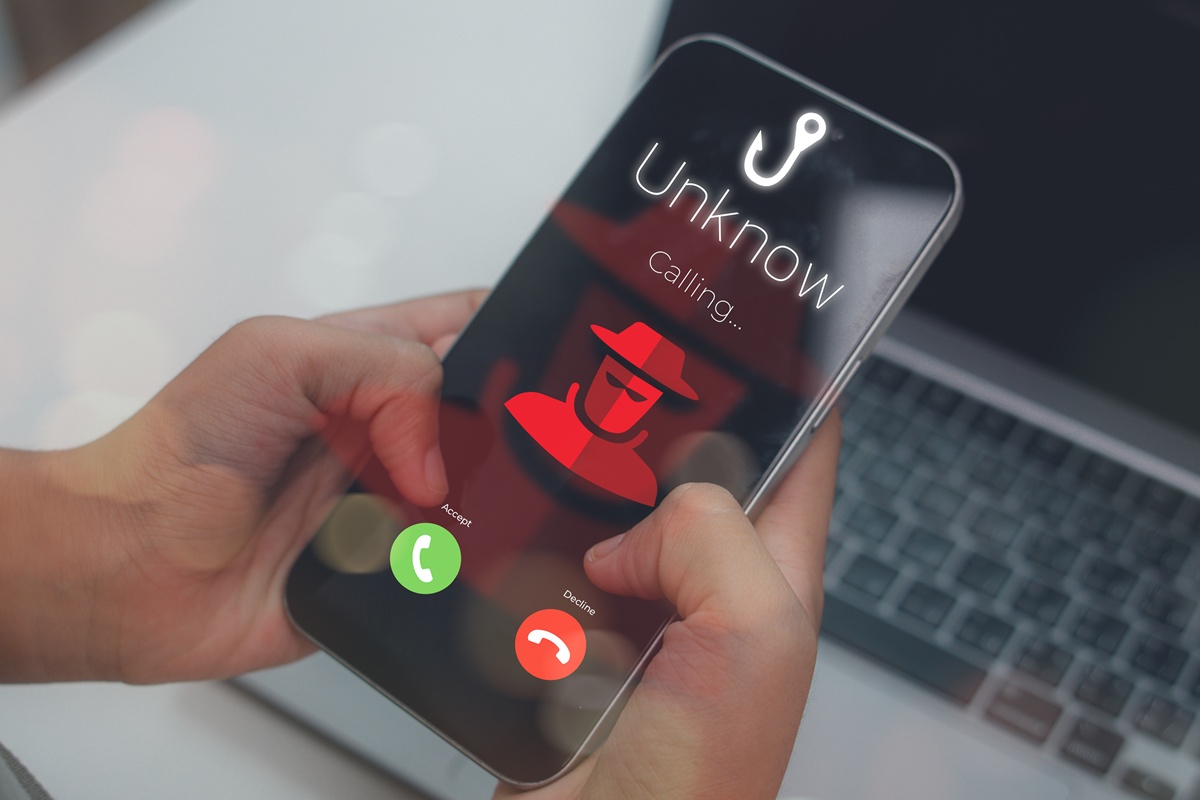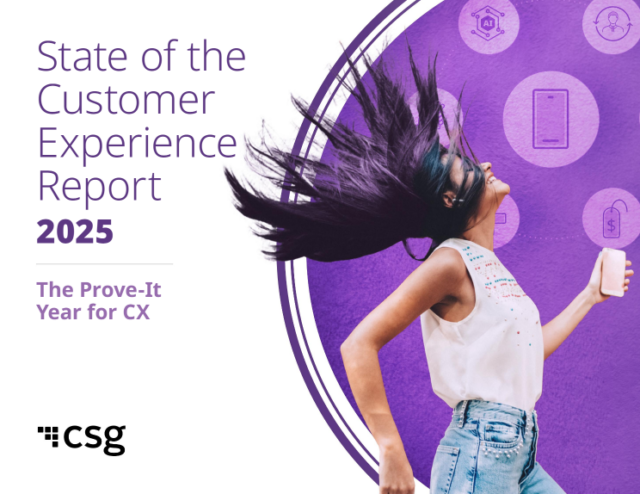November 24, 2025
Infobip Expands Branded Calling ID to Combat Rising Fraud Calls in North America

Infobip is expanding its Branded Calling ID (BCID) capabilities across North America as fraudulent and spoofed calls continue to erode consumer trust. The company is strengthening its voice portfolio and partnering with major U.S. telecom providers to make BCID easier for businesses to deploy at scale.
The move comes amid a sharp rise in phone-based fraud. Talker Research shows that Americans receive twice as many fraudulent calls as consumers in other regions.
BCID aims to give brands a verified presence on customer devices by displaying authenticated caller information such as the company name, logo, and purpose of the call. The goal is to help customers recognise legitimate calls instantly, increase answer rates, and rebuild confidence in a channel that has become heavily compromised.
A major barrier to BCID adoption has been inconsistent implementation across telecom providers. Infobip is addressing this by working directly with widely used U.S. carriers to standardise the onboarding process. This reduces complexity for enterprises and enables faster rollout of verified calling across customer-facing teams.
Infobip’s voice platform is built around secure, compliant global connectivity, making authenticated calling a strategic extension of its offering. The company’s recent acquisition of Peerless Network expanded its U.S. footprint to 98% nationwide coverage, giving Infobip one of the most extensive voice networks in the market. It also strengthened its partnership with NumHub to bring BCID directly into its voice suite, allowing enterprise clients to control how their identity appears on mobile devices.
A Broader Push Toward Trusted Voice
This expansion follows another major move from Infobip earlier this year, when the company introduced WhatsApp Business Calling. This feature enabled brands to make and receive voice calls directly within WhatsApp, allowing customers to move from chat to voice without leaving the app. Businesses could initiate calls through chat threads, interactive messages, or deep links, turning WhatsApp into a unified centre for support.
Furthermore, the July release incorporated branded voice calling inside WhatsApp, displaying a verified name, logo, and checkmark to establish legitimacy. It integrated with Infobip Conversations to give agents full context as they switched between chat and voice, improving personalisation and consistency. By embedding trusted calling into one of the world’s most widely used messaging apps, Infobip set the stage for a bigger commitment to branded, authenticated voice.



